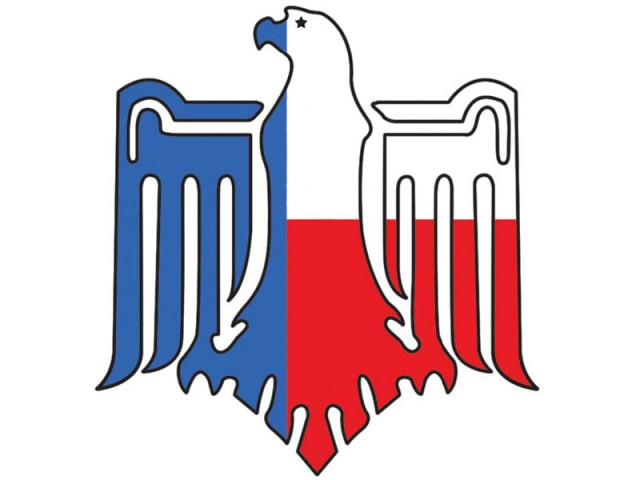New petroleum policy: Govt includes US input to safeguard its interests
Draft to be tabled in next Economic Coordination Committee meeting for approval.

The government has finalised the new petroleum policy draft with US input to safeguard interest of American investors.
US authorities had sought Pakistan’s consent for giving input for the new Petroleum Policy 2011 to make it attractive for American investors during energy talks between the two countries in September, sources close to Petroleum Concession Director General Sher Khan said, adding that the new petroleum policy draft is set to be tabled before the Economic Coordination Committee (ECC) in the next meeting.
Many European companies including Eni, MOL and OMV operate in the country’s oil and gas sector but there is barely any share of US companies in the sector.
The government has increased maximum uniform wellhead gas price by $1 to $6 per million British thermal unit (mmbtu) in the new policy against $4.5 to $5 per mmbtu in the current policy.
The new policy draft has also removed the concept of zones and made wellhead gas price uniform for all blocks. In the existing policy, three zones exist with different wellhead gas price in each block.
Secretary Petroleum Ijaz Chaudhry told The Express Tribune that the draft of new Petroleum Policy 2011 had been finalised after discussion with all stakeholders. The petroleum ministry had sought input of US for the new policy and will seek approval of the draft from the ECC in its upcoming meeting, Chaudhry confirmed.
Sources maintained that supplemental agreements with exploration companies will be inked to convert them according to the new petroleum policy. The facility will be applicable to those companies that were given exploration blocks under Petroleum Policy 2007, sources said.
Sources further said that the government had not taken all stakeholders on board for input to the draft. How can the new petroleum policy attract investors to tap oil and gas reserves to overcome the energy crisis when the government does not know real issues of oil and gas exploration companies, sources said, adding that only a few companies were consulted.
Under the new policy, the government will allow oil and gas exploration companies to sell 10 per cent of their oil and gas findings directly to consumers.
A bonus of $1 mmbtu will also be announced for those investors in offshore and shale gas exploration who complete drilling of three wells.
Base price has also been enhanced from existing $30 per barrel to $50 per barrel to determine wellhead price, although no change has been made in the upper cap of $100 per barrel.
Petroleum Policy 2011 also proposes to reduce the appraisal period from two years to one year, exploratory period from nine years to six years, putting in place a better and efficient mechanism for prices of gas and oil.
Published in The Express Tribune, October 19th, 2011.



















COMMENTS
Comments are moderated and generally will be posted if they are on-topic and not abusive.
For more information, please see our Comments FAQ